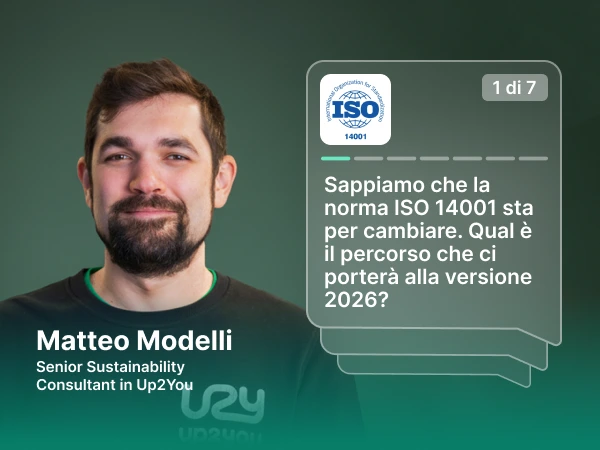PAS 2060
What is PAS 2060?
As an internationally recognized standard, the PAS 2060 was developed by the British Standards Institution in 2010 in order to provide companies with guidelines on how to quantify, reduce and offset the emissions of equivalent carbon dioxide for organizations, products, services or events.
La Norma PAS 2060 provides a framework for certification and accuracy that allows organizations to demonstrate that their climate neutrality claims are credible and verified. Building on existing standards, such as PAS 2050 and ISO14001, PAS 2060 allows organizations to demonstrate a voluntary and serious commitment to taking climate action. It is also the only internationally recognized certification For the carbon neutrality corporate (carbon neutrality).
PAS 2060 - Advantages
While the adoption of the standard remains voluntary, its use brings a number of advantages for participating organizations and can help them:
- to reduce emissions of greenhouse gases (GHG);
- to quantify their carbon footprint;
- to increase environmental transparency;
- to strengthen customer loyalty and brand image;
- to direct their commercial strategy towards Carbon Neutrality in the short, medium and long term;
- to support serious and certified emission compensation projects, providing environmental and social value;
- to comply with current and future environmental legislation.
PAS 2060 - Requirements
The standard provides for 4 main steps to be taken on the road to carbon neutrality:
- metering (calculation of the corporate carbon footprint, or corporate carbon footprint, using internationally recognized methodologies, such as GHG Protocol or the ISO 14064 standard);
- reduction (develop a reduction strategy, including a time scale, specific reduction objectives, and a plan for how remaining emissions will be offset);
- offsetting (remaining emissions will be offset by certified high-quality carbon credits);
- documentation and validation (carbon neutrality documentation + public disclosure of all documentation supporting the declaration of neutrality).
Do you still have any doubts? Take a look and find out more about Carbon Neutrality.
→ Do you want to start a path of environmental sustainability for your company? Contact us and find out how we can help you.

























